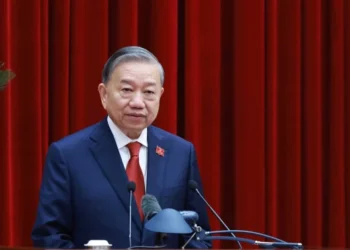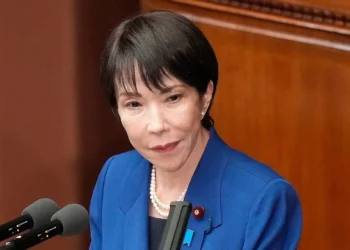The impact of the COVID-19 pandemic on African trade finance shows that global financial conditions caused a wire out of the continent, in excess of $5 billion, a new report reveals.
This massive capital outflow served a great strain on African banks. Thus, it depleted the net foreign assets of most African banks. With scanty funds to finance trade, it also increased the spread in interest rate.
“Tighter global financing conditions triggered massive capital outflows from Africa. This resulted in a sharp widening of interest rate spreads, while temporarily shutting out sub-investment grade borrowers from international capital markets.”
This report is the first of its kind, involving a survey of 185 banks from across Africa. This represents more than 58 percent of total assets held by African banks.
The development of the report involved interested parties such as the African Export-Import Bank, United Nations Economic Commission for Africa (UNECA), the African Development Bank (AfDB) and Making Finance Work for Africa Partnership (MFW4A).
In view of this, the ‘African Trade Finance Survey Report’ was released on the 15th of April 2021.
Commenting on the report, the President of Afreximbank, Professor Benedict Oramah indicated that: “These massive capital outflows strained African banks, many of which recorded sharp drops in their net foreign assets. This further exacerbated liquidity constraints and undermined the capacity of banks to finance African trade.”
COVID impact on Banks’ trade-financing
More so, the pandemic has also widened balance of payment pressures and liquidity constraints. Evidently, this is as a result of the pandemic and its accompanying tightened financing conditions. Also, the supply of trade finance was affected between January and April 2020.
“The period covered by the survey, January to April 2020, including the initial lockdown period in March. Capital outflows from developing economies exceeded US$80 billion; in April, month-on-month global trade in goods contracted by 12.1%– points to the crisis’… adverse impact on African trade finance.”
Dr Vera Songwe, Executive Secretary at the ECA, commended Afreximbank for their support to countries to deal with the economic and health impacts of the COVID-19 pandemic. “The Bank has also played a major role in putting together a $2 billion facility to help African member states purchase up to 400 million doses of the COVID-19 vaccines.”
Again, Dr Vera Songwe solicited African leaders, especially Central Bank Governors and Ministers of Finance to further support institutions. These assistances include Afreximbank through increased capital allocation for the banks with depleting capital.
The Deputy Governor of Bank of Namibia, H.E. Ebson Uanguta, highlighted that the crisis deeply required government support to banks to provide liquidity to businesses and limit insolvencies.
“… We took several measures to support the broader economy and trade finance in particular. [This] includes easing of monetary policy, relaxation of regulatory requirements and institution of loan repayment moratoriums to the tune of $619 million.”
H.E. Ebson Uanguta, Dep. Governor of Bank of Namibia
READ ALSO: MTN Rwanda to list on Rwanda Stock Exchange























